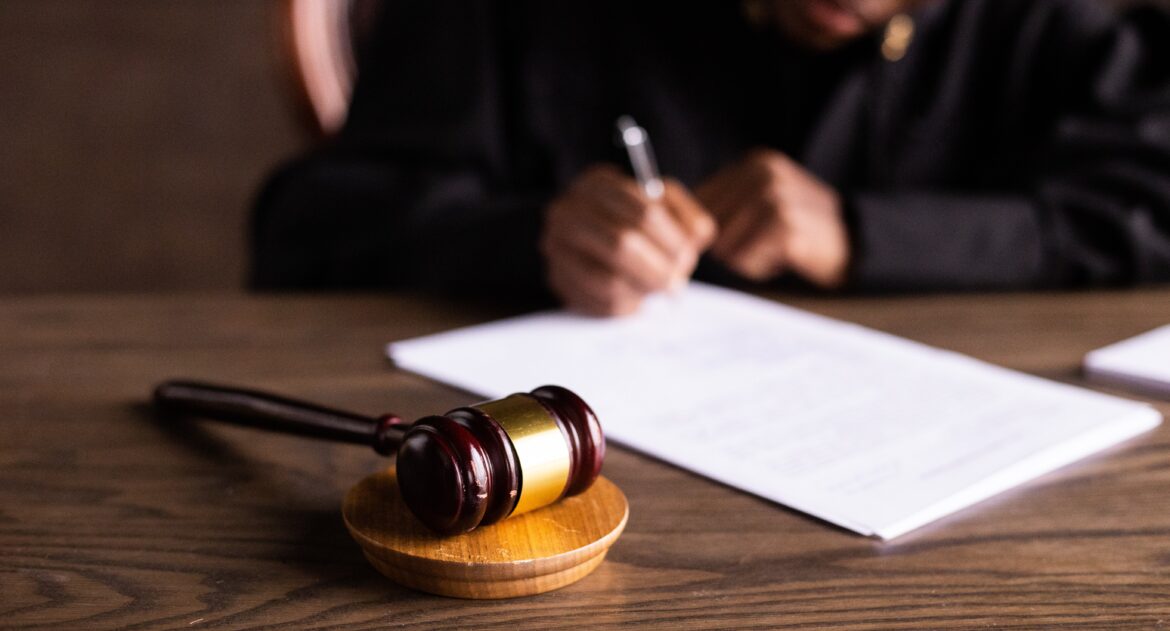As a Richmond Hill Criminal Lawyer, I would urge anyone who is charged with a criminal offence to consult a criminal lawyer in your local area. The following is for information purposes only and does not constitute legal advice.
The landmark decision of the Supreme Court of Canada in R. v. Stinchcombe established the Crown’s duty to disclose all relevant information in possession or control of the Crown with the exception of privileged information. Relevance has been interpreted by the courts to mean that if there is a reasonable possibility of the information being useful to the accused person then it ought to be disclosed. Even if the information is not favourable to the Crown’s case, the Crown has a positive duty to disclose that information in accordance with the accused’s right to make full answer and defence.
The court in R. v. Stinchcombe held that “the fruits of the investigation which are in the possession of the Crown are not the property of the Crown to be used to secure a conviction, but rather the property of the public to ensure justice is done.”
Disclosure information usually consists of statements made to police officers by the complainant, witnesses and any statements made by the accused. Other disclosure material can consist of the notes and observations made by a police officer, video surveillance, in car videos and any 911 recording. Depending on the nature of the charges disclosure may include other relevant information as well.
The right to disclosure flows from s.7 of the Canadian Charter of Rights and Freedoms which provides that, “everyone has the right to life, liberty and security of the person and the right not to be deprived thereof except in accordance with principles of fundamental justice.” The right to proper disclosure is recognized in particular under principles of fundamental justice as necessary to the accused person’s ability to defend himself or herself against the charges the accused person is facing.
An essential attribute of the right to full disclosure is full and timely disclosure. Initial disclosure must be made by the crown before the accused is called upon to elect or to plead so that the accused is able to make an informed decision.
To learn more about your rights and whether the crown has complied with their disclosure obligations you should consult a criminal lawyer at your earliest opportunity.
Call us for a free case review at 647-352-2245



No Comments